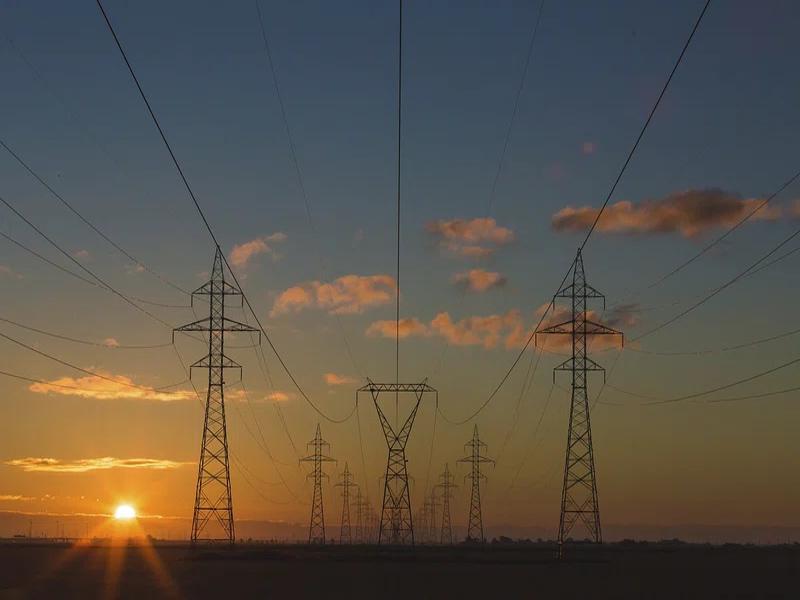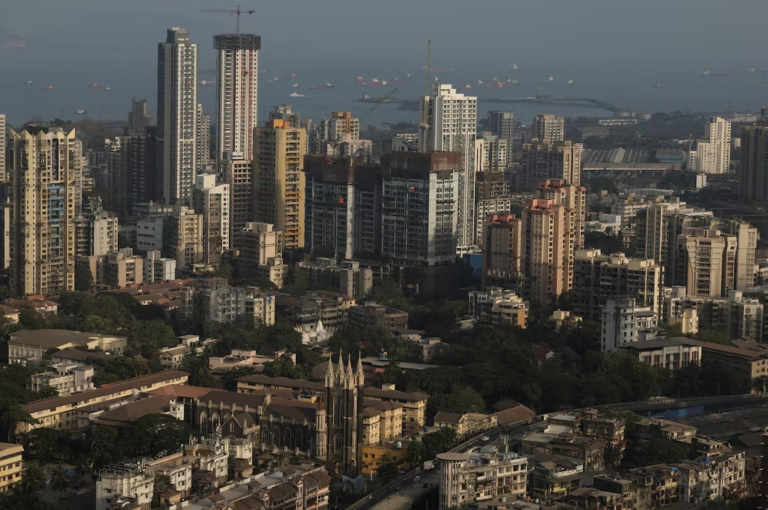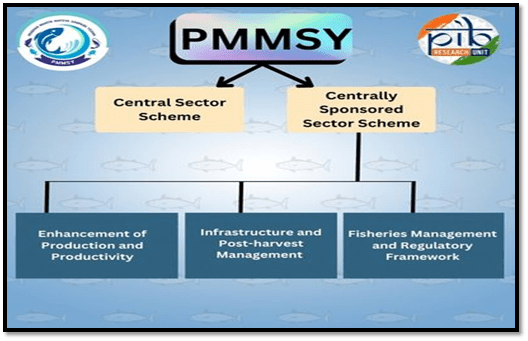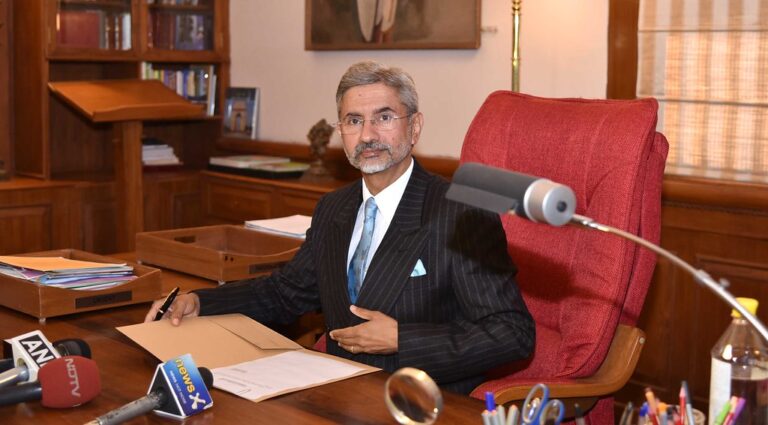
The Ministry of Power just released a major update to India’s power rules: the draft Electricity (Amendment) Bill, 2025. These are the biggest proposed changes since 2003. The public has 30 days to comment on this draft. The main goal is simple: to make the power sector financially healthy and ready for a Developed India (Viksit Bharat) by 2047. The Bill introduces two huge changes. First, it makes Mandatory Cost-Reflective Tariffs compulsory for everyone. This means the price you pay for electricity must actually cover the cost of getting it to you. Second, it sets a deadline to stop charging high prices to businesses to cover cheaper rates for homes. These changes aim to ensure “affordable, reliable, and clean electricity for all,” while making sure power companies (Discoms) don’t go broke.
Making Sure Electricity Prices Are Fair
The draft Bill clearly states that electricity price-setters (regulators) must ensure that prices reflect the true actual cost of supply. This rule addresses a big problem where power companies often lose money because they can’t charge enough. This financial drain threatened the entire sector. To fix this, the Bill gives regulators more power. If a power company delays asking for a new price, the regulator can step in and set the new price themselves (suo motu). This guarantees new, cost-reflective prices start on April 1st every year, ensuring financial stability.
The Bill also targets the system of cross-subsidies. Currently, industries, railways, and metro systems pay very high electricity rates. This extra money is used to keep rates low for household users. The Bill now mandates that this high-charging must stop completely within five years. The government argues that these high industrial tariffs hurt small businesses (MSMEs) and make India’s products less competitive globally. Ending this subsidy aims to lower business costs and make the pricing structure fairer based on actual usage costs.
Supporting Clean Energy and Better Service
The draft Bill includes several reforms to modernise the system. In a big boost for renewable energy, the Bill provides a legal definition for Energy Storage Systems (ESS). This allows power to be stored easily, which is crucial for managing power from sources like solar and wind, making the grid more reliable. To encourage market competition, large power users (over 1 MW) can now be exempted from getting power from their local Discom. They can buy electricity directly from other suppliers. If that arrangement fails, a “supplier of last resort” will be named to ensure their lights never go out.
Finally, the Bill supports India’s ambitious clean energy goals. It directs state regulators to ensure that power procured from non-fossil sources meets the high national targets. This aligns the law with the goal of reaching 500 GW of non-fossil capacity by 2030. The Bill also expands the Appellate Tribunal for Electricity (APTEL) to seven members to speed up case resolution. These steps, including Mandatory Cost-Reflective Tariff, all aim to create a financially strong, efficient, and clean power sector for the future.





